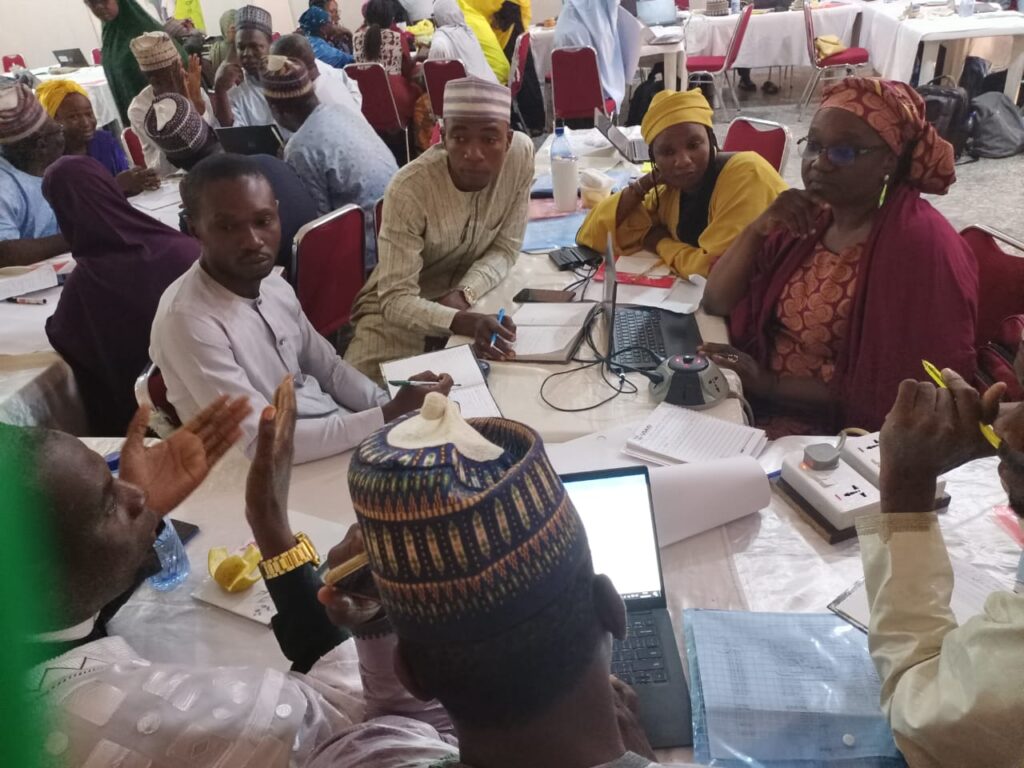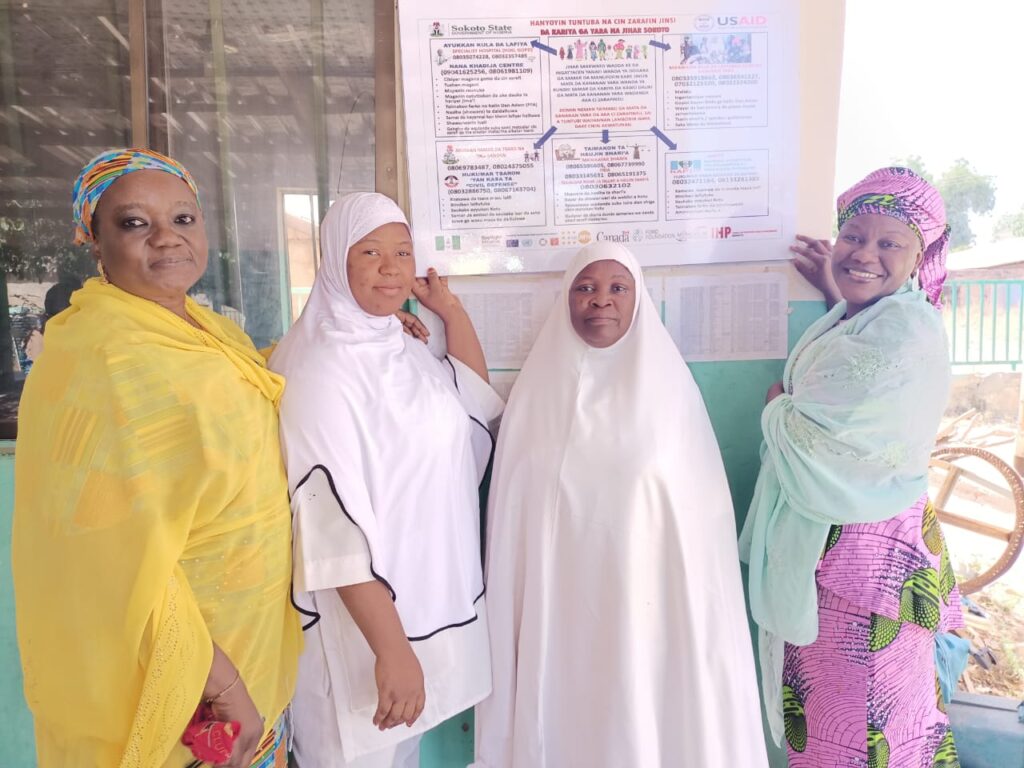Creating a Safer and More Equitable Society: Reflections on my work in GBV Prevention and Response
By Lydia Kalat Musa, WI-HER Gender, Social Inclusion, and Community Engagement (GSI&CE) Advisor

Working in the field of gender-based violence (GBV) prevention and response has been a profound and impactful journey for me. Throughout my work on the USAID Integrated Health Program, I have witnessed both challenges and triumphs, and these triumphs are a testament to the power of collective effort and resilience in addressing GBV and creating a safer and more equitable society.
Institutionalizing a GBV focal person as a support system in the facility: One of the greatest successes in my work in GBV prevention and response was the identification and institutionalization of a GBV focal person in health facilities for survivors of GBV. Recognizing the urgent need for survivors to have access to a safe space and professional assistance, we collaborated with service providers to create an agency of support in the facility. These focal persons provide a range of services, including counseling, medical support, referrals, and documentation. Witnessing survivors find solace, healing, and strength within this support system has been incredibly rewarding and has reinforced my belief in the transformative power of collective action.
Strengthening community engagement: Engaging communities is critical in the pursuit of ending GBV. Through my work with IHP, I implemented targeted awareness campaigns, meetings, and training sessions to educate individuals and communities about the root causes and consequences of GBV. By fostering dialogue and challenging societal norms, I encouraged community members to become active participants in preventing and addressing GBV. Communities coming together to challenge harmful behaviors and support survivors in accessing care demonstrates the power of grassroots movements and the potential for lasting change.

Enabling survivors through the development of a GBV referral pathway: Establishing a strong referral network to different points of care not only helps survivors get the services they need but also makes the process easier for staff at the health centre, as they make connections between survivors and different points of care in the multisectoral referral network.
Advocacy for policy change in the prosecution of perpetrators of GBV, which led to the passing of VAPP Law in the State: Advocacy efforts have proven critical in bringing about policy changes at national and international levels. By collaborating with civil society organizations, policymakers, and human rights advocates, we have influenced legislation and policies that prioritize the rights and safety of survivors. These policy changes have not only provided a strong legal framework for addressing GBV but have also fostered a culture of accountability and prevention within society.
In my journey within GBV prevention and response, I have encountered numerous successes, but the ones mentioned above hold a special place in my heart. Watching survivors find their voice, communities unite against GBV, and policies transformed to prioritize survivor protection has been incredibly fulfilling.
These successes have reaffirmed my commitment to this critical work and have fuelled my determination to continue advocating for a society free from violence and discrimination. While there is still much work to be done, these achievements remind me of the incredible transformative power that lies within each one of us. Together, we can create lasting change and build a world where everyone can live with dignity, equality, and freedom from violence.
This reflection is part of WI-HER’s 2023 16 Days of Activism Against Gender-Based Violence (GBV) campaign. UN Women created the 16 Days campaign to bring awareness to issues related to responding to, preventing, addressing, and ending GBV.